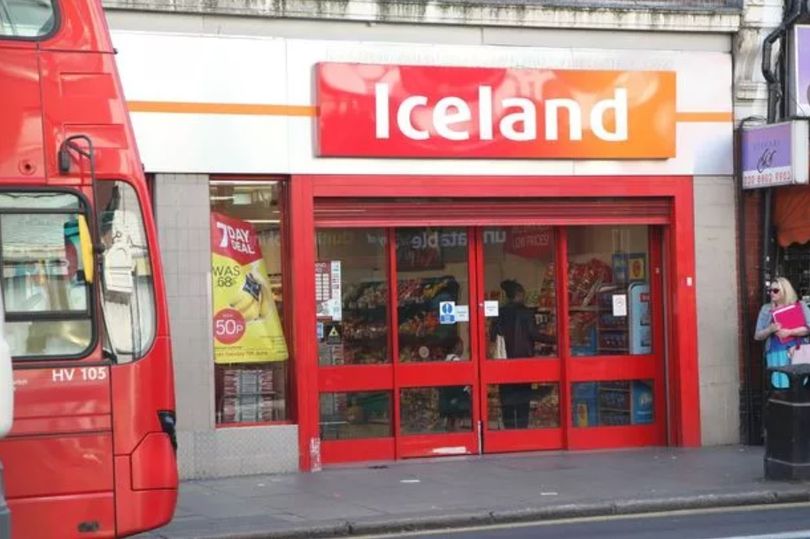A major supermarket has warned it faces ‘costly penalties’ over electric car targets. The boss of Iceland has warned that the Labour Party government’s ZEV mandate needs more support to encourage electric car adoption.
Iceland currently has over 1,700 vans in its fleet, but the strict ZEV mandate could harm the business. Frozen food specialist Iceland chairman Richard Walker has called on the Government to “showclear leadership” and help encourage the transition to electric.
Posting on LinkedIn, Walker said: “Unfortunately it isn’t happening fast enough – for us, or indeed across the UK generally. That’s not good for the environment and not good for the country, as we’ll risk costly penalties if targets aren’t met.
READ MORE: Millions of drivers face £30 increase in charge ‘for first time in fifteen years’
READ MORE: Government spends Royal Mail pension pot leaving taxpayers with £45 billion bill
READ MORE ‘Millions’ of drivers set to ‘wrongly’ fork out £195 in car tax next month
“We have welcomed the opportunity to contribute to the government’s recent consultation on the transition to Zero Emission Vehicles…but now is the time for them to show clear leadership to enable a ramping up of demand.
“Here’s three things they need to do: simplify the legislative and operational burdens currently in place for EVs, enable faster rollout and standardisation of bookable, publicly available charging infrastructure, and support with further purchasing incentives around the vehicles.
“We’re a responsible retailer and are committed to reducing the environmental impact of our business, including emissions from our home delivery vans. We’ve been working closely with the team at Ford Motor Company, introducing a newer fleet of more efficient vehicles alongside improved in-cab coaching helping to reduce CO2 emissions by over 2,100 tonnes in 2024.
“The next step to full zero emission vehicles is a challenge for us. We run small store sites, many without space for dedicated charging points. As much as I want the business to go faster on this, additional cost and complexity only serves as a blocker. The government needs to recognise that reality with regulatory, infrastructure and incentive reforms.”
